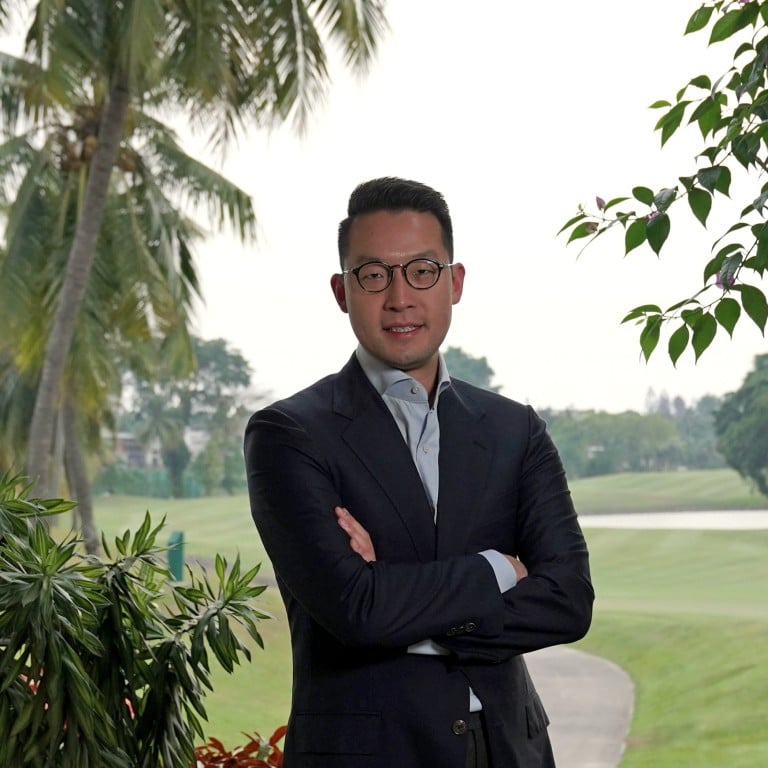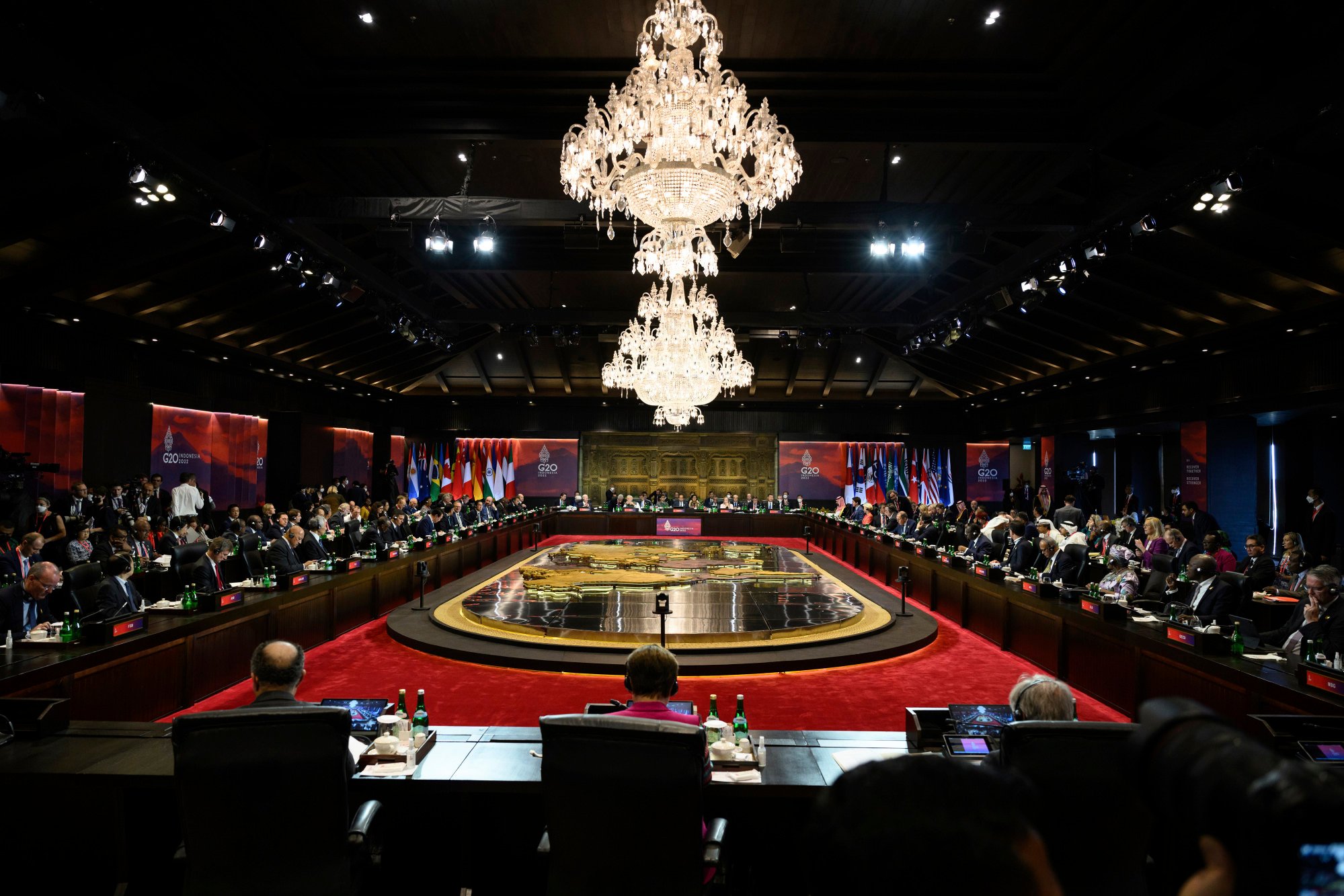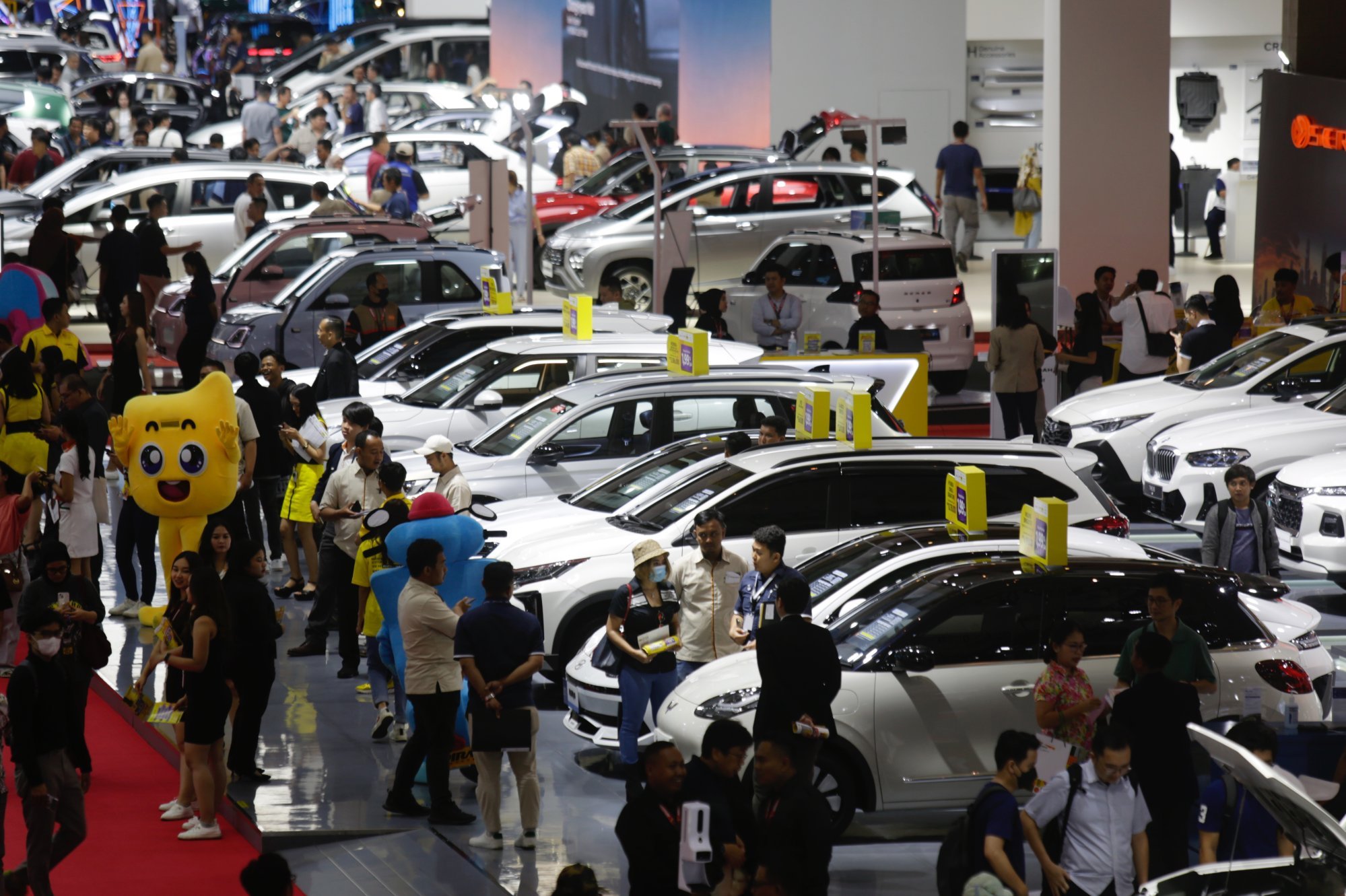
Lippo Group’s John Riady on his hopes, dreams for Indonesia – and the family business
- In a wide-ranging interview with This Week in Asia, the third-generation inheritor said he had set his sights on elevating his home nation
- Read on for the Jakarta-based CEO’s thoughts on the importance of growth, innovation – and why Indonesia is the next China

According to the younger Riady, emerging Indonesia is not only ready to graduate as an advanced economy, but in time, become a key global political player.
G20 in Bali is a big moment for middle powers like Indonesia
“During Indonesia’s chairmanship of the G20, it was a very difficult time … there were so many divisions,” he said. “Indonesia was, as a ‘constructive middle power’, able to effectively facilitate that sort of geopolitical togetherness.”
“In the last three decades, China has been ‘the miracle’, and rightfully so,” he said. “But today, I think we are looking for a new growth engine, a new growth story. That’s Indonesia.”

Growth drivers range from education to medical services and housing, with Indonesia – where home ownership currently stands at about 50 per cent – set to enter a “golden decade of home ownership”, according to Riady.
“This is a country made up of generations of firsts. It’s full of families who will experience many moments of firsts. The first time they travel abroad, the first time they send their kids to university, the first time they buy a house … every time they do that their life gets better,” he said.
For the next two decades, we’re focused on Indonesia and Southeast Asia emerging from what they are today to hopefully becoming advanced economies
As one of the fastest-growing economies in the Asia-Pacific, Indonesia has the capacity to outlast its regional rivals amid mounting geopolitical uncertainties and macroeconomic headwinds, Riady says.
But the country wasn’t always a top performer, with the culmination of decades of poor governance and corruption tanking the economy during the Asian financial crisis of 1997 as weak economic fundamentals such as fragile banks, a rigid exchange rate and over-reliance on foreign loans also took their toll.

The scandal hurt the group’s reputation and sank the share price of the project’s parent company. In its wake, Riady was parachuted in by the family as the new boss of the group’s property arm in 2019.
These days, he prefers to talk about ethics and “stewardship”, which extend further than just championing high-impact projects related to climate change and the like.
“We want to be stewards of our businesses,” he said. “That means that we have a responsibility to grow and to innovate … but it also means that these businesses serve the needs of the community at large.”

